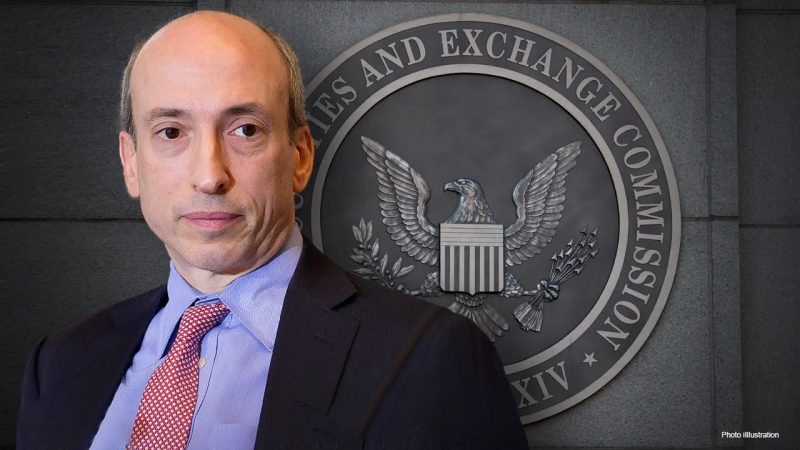Yesterday, popular cryptocurrency exchange Kraken agreed to shut down its staking operations to retail investors following the SEC’s (Securities and Exchange Commission) charges of selling unregistered securities. It also paid a fine of $30 million.
The SEC’s decision has riled up not just the cryptocurrency community but investors and politicians as well. SEC Chair Gary Gensler is facing the brunt of the situation.
In a tweet, U.S. Congressman Tom Emmer emphasized the value of staking in the cryptocurrency ecosystem. Staking services would be crucial in “building the next generation of the internet,” according to the congressman. The lawmaker accused Gensler’s strategy of hurting “everyday Americans the most.”
The creator of the television program Bankless, Ryan Sean Adams, believes that the SEC could have taken other measures other than charging the cryptocurrency exchange. Adams says that the SEC could have mandated proof of reserves. Furthermore, they could have required staking transparency or supported decentralized staking.
Adam Cochran, an advocate for Ethereum, criticized Gensler, calling him “an agent of an anti-crypto agenda” and “not a regulator.” Additionally, Cochran raised the question of why the FTX collapse did not get the same treatment.
However, not everybody was against Gensler. Bitcoin (BTC) maximalist Micheal Saylor said that the SEC understands the importance of self-custody. Moreover, Saylor has long advocated that Ethereum (ETH), and other PoS (Proof-of-Stake) cryptocurrencies, are securities. Moreover, Saylor concurred with Gensler’s conclusion that when tokens are transferred to external staking service providers, individual investors “lose control” of them.
Is the SEC attacking the cryptocurrency industry?
In a recent Twitter thread, before the Kraken episode, Coinbase CEO Brian Armstrong said that the SEC may ban cryptocurrency staking. After SEC Chairman Gary Gensler had said that cryptocurrencies that include staking options may be categorized as securities under the Howey test, the speculations gathered traction.
Moreover, the Biden administration has been under fire for allegedly attempting to “quietly” outlaw Bitcoin and other cryptocurrencies. The charge was directed against “Operation Choke Point 2.0.”
The US DOJ launched the operation in 2013 after looking into banks’ relationships with businesses that may be at risk for fraud and money laundering. In August 2017, when numerous litigation were also resolved, the operation came to an end.
Although the situation may appear as such, it is unlikely that government bodies are outright attacking cryptocurrencies or staking. It is possible that the government bodies in question would like some regulatory oversight, but an open attack on the industry is unlikely. A move like that would only hurt the country and millions of investors around the world.





